Wisconsin Pride – The Gay Rights State
§ §
Narrator: Yet, by the 1970s, there were still no laws in America that protected those lives. Homosexuals were often regarded as criminals. In Wisconsin, the pursuit of equal rights would bring together an unlikely group on the cusp of making history.
Dick Wagner: It was time to speak out for homosexuals.
Narrator: Assemblyman Lloyd Barbee was an ally to the gay rights movement. Before his time in the Legislature, Barbee was a civil rights attorney who fought housing discrimination and led the effort to desegregate Milwaukee’s public schools. Elected to the Wisconsin State Assembly in 1964, he was the only African American in either house of the Legislature.
Dick Wagner: Barbee felt deeply about the American promise that should be extended to all who were a part of society. In his view, not only African Americans, but homosexuals deserved rights, as well.
Narrator: Barbee was a bold pioneer for social reform and was the first legislator to challenge the sex laws in Wisconsin, calling to decriminalize homosexuality and legalize gay marriage.
David Clarenbach: He was frequently referred to in the press as “The Outrageous Mr. Barbee” because he introduced these bills that were way, way before their time. But thank goodness he did.
Dick Wagner: He believed in introducing legislation to educate folks. And he was not shy about this.
David Clarenbach: He stuck to his principles and objectives. And he took a lot of flak because of that.
Lloyd Barbee: I think that homosexuals should not be harassed and beaten down and brutalized and insulted. And we should not tolerate it.
Narrator: Morality laws that had been on the books since the 1800s criminalized a variety of sexual acts; applying to everyone, not just homosexuals.
David Clarenbach: Most people didn’t recognize how restrictive Wisconsin statutes were in criminalizing sex acts that were pretty commonplace. Things like oral sex, even between a man and a woman who were legally, lawfully married, was a criminal offense in Wisconsin.
Narrator: Yet, these morality laws were selectively enforced; a means to target and prosecute homosexuals.
David Clarenbach: It was an excuse for rooting out gays and lesbians and bisexuals in the state.
Narrator: In 1974, at the age of 21, David Clarenbach was the youngest member elected to the Wisconsin State Assembly.
David Clarenbach: I certainly had known that I was gay before I was elected to public office. But it wasn’t a time when I felt comfortable to come out, especially as an extraordinarily young candidate.
Narrator: Clarenbach grew up in Madison, his family heavily involved in social reform movements. His mother, Kathryn, was a co-founder of the National Organization for Women, the largest feminist group in America. In the Legislature, David Clarenbach teamed up with Lloyd Barbee.
David Clarenbach: Lloyd Barbee was not just my role model and my mentor, but he really was a prophet.
Narrator: Together, they drove legislation to completely overhaul the sex laws in Wisconsin. But the two men were unsuccessful in gaining enough support from their fellow lawmakers to advance such broad reform.
Lloyd Barbee: It’s not the job of the state…
Narrator: In 1977, Lloyd Barbee left the Legislature.
Dick Wagner: Barbee passed the baton on sex reform leadership to David.
Narrator: Rather than introducing bills calling for sweeping change, Clarenbach instead focused on single-issue legislation. He would land on the Consenting Adults Bill, a law which would repeal the morality laws that criminalized homosexuality.
David Clarenbach: They want those in violation of those statutes put in jail.
Dick Wagner: The basic premise of homophobia is that homosexuals are criminals.
Narrator: The Consenting Adults Bill faced an uphill battle, taking Clarenbach years to advance it.
David Clarenbach: Each session, it gained a little more traction. It kept moving forward. And then, finally, in 1981, the Consenting Adults Law came to a vote in the Assembly, and we lost it by one vote.
Narrator: A narrow defeat. But with bipartisan support, hope was still alive.
David Clarenbach: This was a question of momentum.
Dick Wagner: The bill had both Republicans and Democrats supporting it.
David Clarenbach: It proved a legislator could cast a vote for gay rights, and not feel that they’re jeopardizing their own reelection campaign.
Narrator: In Wisconsin, an opportunity was within reach.
[pounds gavel]
Clarenbach signed on to co-sponsor a nondiscrimination gay rights bill, which would add sexual orientation to protected nondiscrimination categories such as race, age, and religion, ensuring someone could not be fired from their job or denied a mortgage for being homosexual. For the bill to succeed, an expansive coalition of support would need to be built from the ground up.
David Clarenbach: The gay rights movement would not have advanced if it weren’t for gay bars and a gay press.
Narrator: The gay press kept people informed, tracking the progress of the bill through the Legislature, while gay bars became a place for people to organize, creating an outreach effort to build public support for the bill. However, to convince some lawmakers who were on the fence, the gay rights movement needed to gain an unlikely ally: one that had condemned homosexuality for centuries.
David Clarenbach: We needed to get religious support from the mainstream religious community.
[nuns praying]
Narrator: The leader in the outreach effort was Leon Rouse, a UW-Milwaukee student activist who organized a supportive group of pastors and rabbis.
Dick Wagner: You had to knock on doors and say, “Tell us what you think about homosexuals and about homosexual issues.” It took some bravery to start knocking on those doors.
Narrator: Rouse was short of a vital endorsement. The head of Milwaukee’s Catholic Church, Archbishop Rembert Weakland. After weeks of attending mass, Rouse finally approached the archbishop with his pitch.
Dick Wagner: It’s not whether homosexuality is being approved. It’s whether discrimination is tolerable.
David Clarenbach: Could discrimination and bigotry be tolerated against any group in our society? That question turned the tide.
Narrator: Archbishop Weakland pledged his support.
Dick Wagner: Archbishop Weakland said that “We have to see gay people “not as an enemy to be battered down, but as persons worthy of respect and friendship.”
David Clarenbach: It was decisive. Earth-shattering that a Catholic Archbishop would advocate in such a public way.
Narrator: In December of 1981, the gay rights nondiscrimination bill passed in the Wisconsin Assembly. Moving on to the state Senate for a final vote.
David Clarenbach: It was going to be close, and we had one shot at this.
Narrator: On that fateful day, the LGBTQ+ community would not stand alone.
David Clarenbach: Well, to be able to sit in the Senate chambers and see the galleries packed with nuns and priests and other religious leaders sent the message that it was a moral statement to oppose discrimination and bigotry against any group in our society.
Narrator: The nondiscrimination bill passed in the Senate with religious backing and bipartisan support. On February 25, 1982, the nation’s first gay rights legislation was signed into law by Wisconsin Republican governor Lee Sherman Dreyfus.
Dick Wagner: It was an exciting moment.
David Clarenbach: We accomplished something that no one thought was possible. No one would have guessed in 1982 that of all states, Wisconsin would be the first state in the nation to enact civil rights protections for gays and lesbians. But Wisconsin became known as “the gay rights state.”
Crowd chanting: Wis-con-sin, gay rights state, Wis-con-sin, gay rights state,
Narrator: Within a year, Wisconsin passed the Consenting Adults Bill, followed by three additional landmark pieces of legislation protecting civil rights. All starting with a vision for the future, the courage to bridge a gap, and the belief in equality.
David Clarenbach: You did not have to be a female to believe in equal rights for women any more than you needed to be LGBT or Q to be supportive of gay and lesbian civil rights. Civil rights are for everyone.
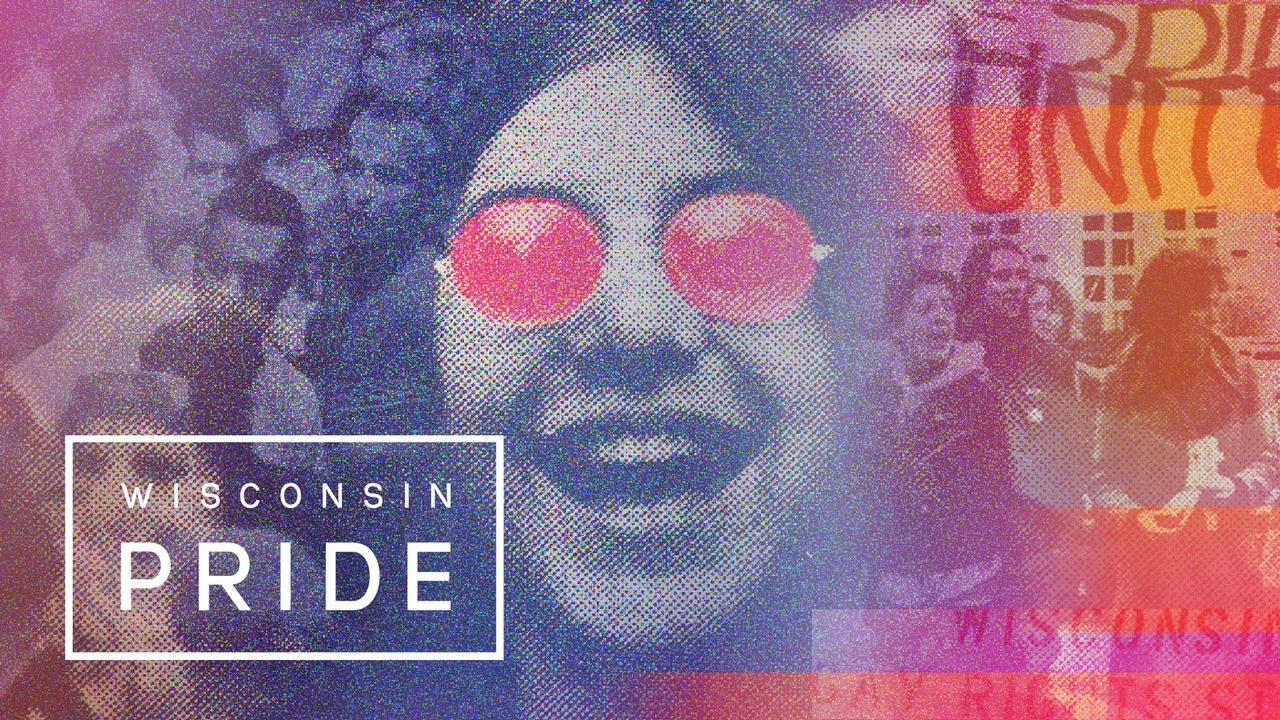
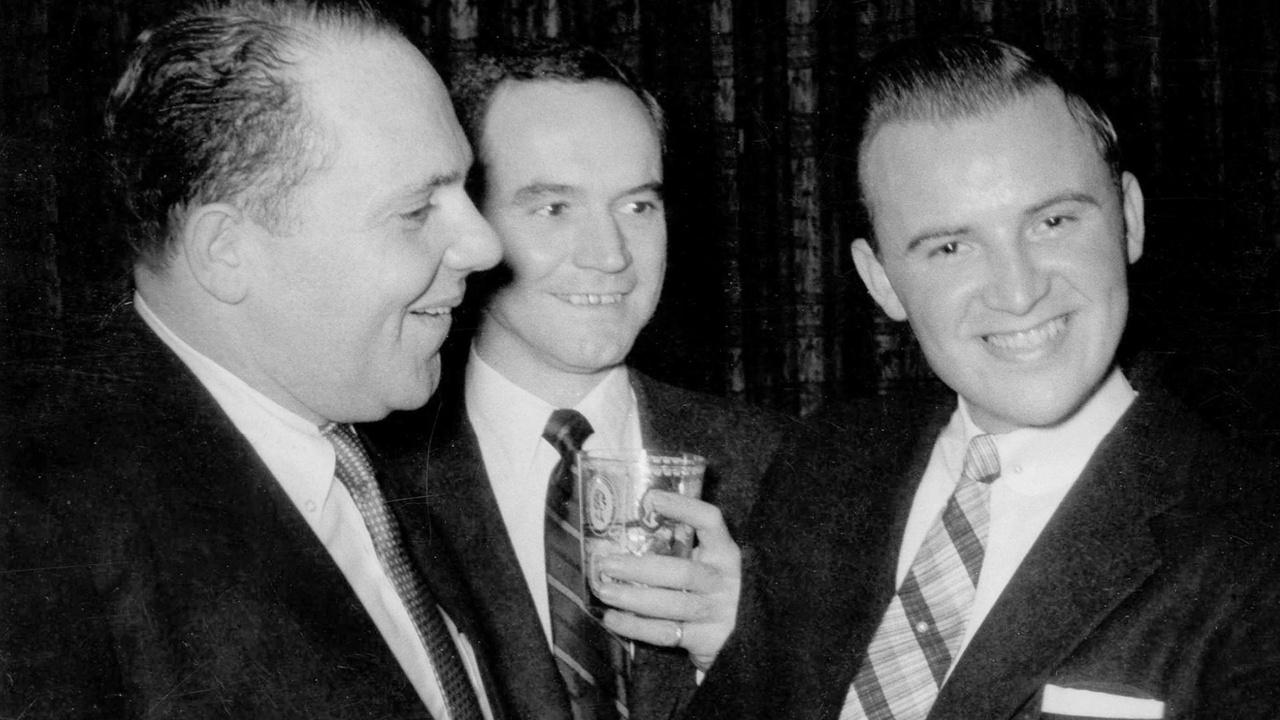
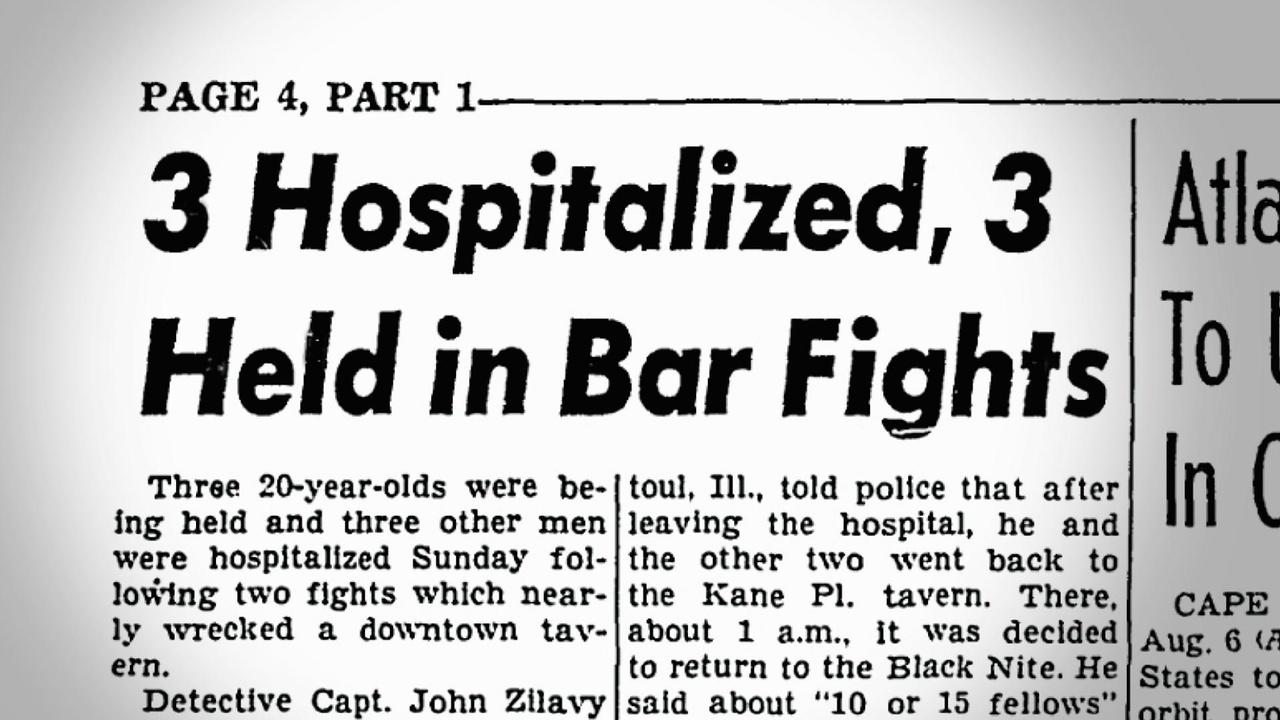
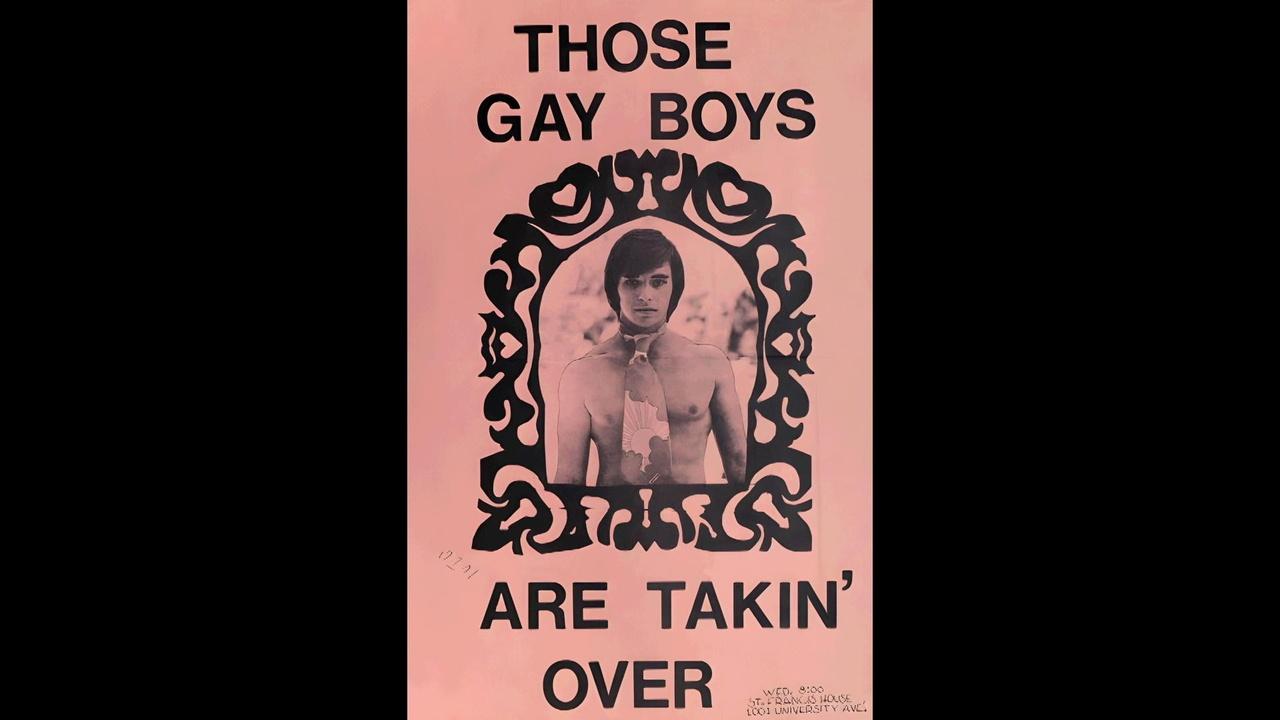
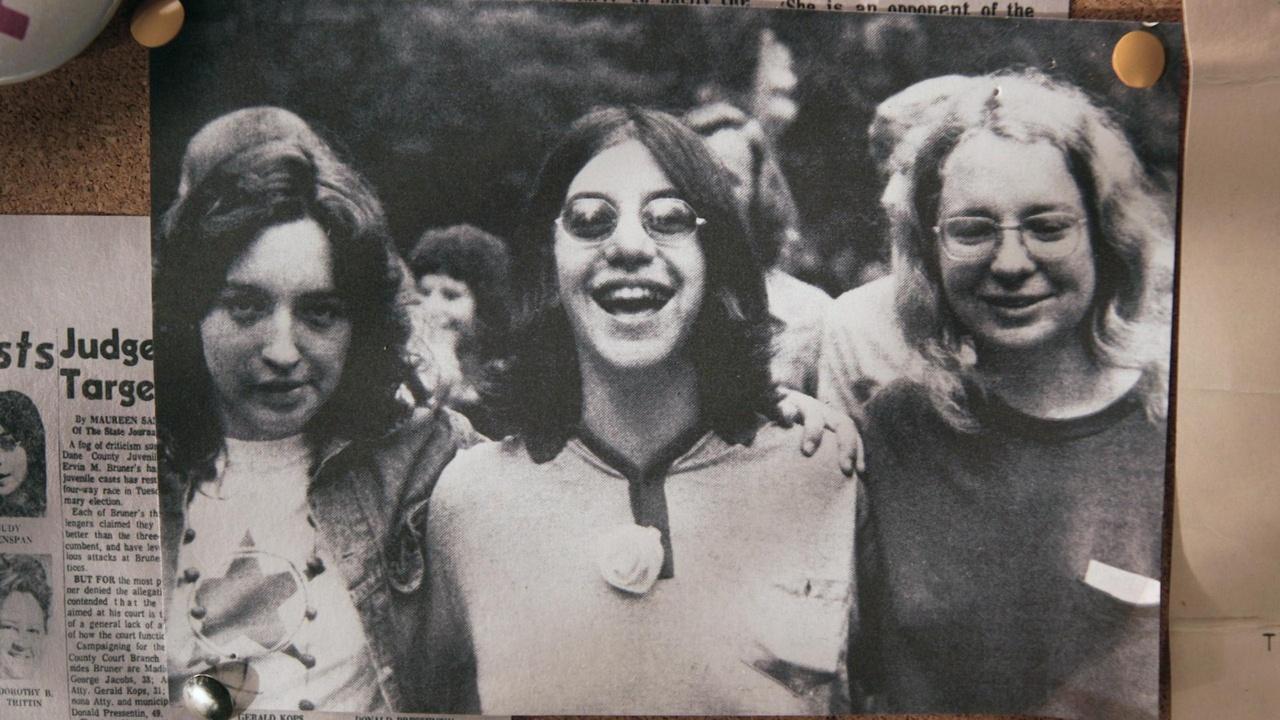
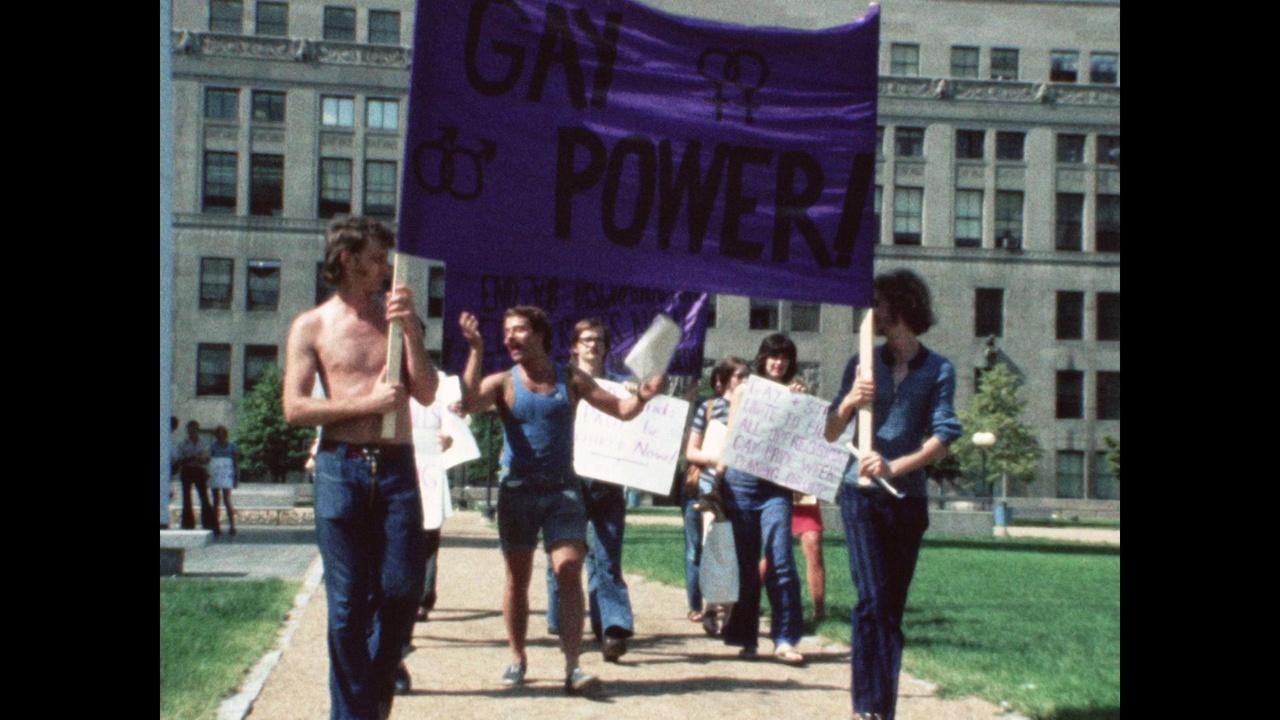

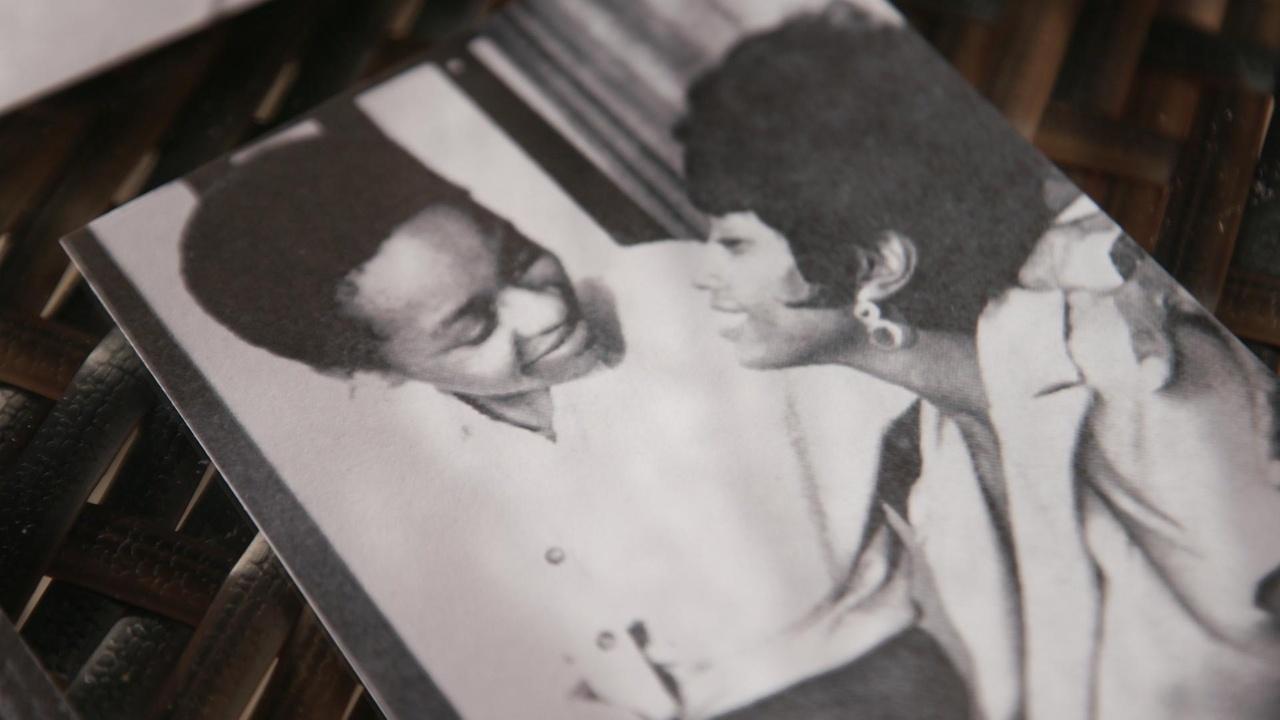
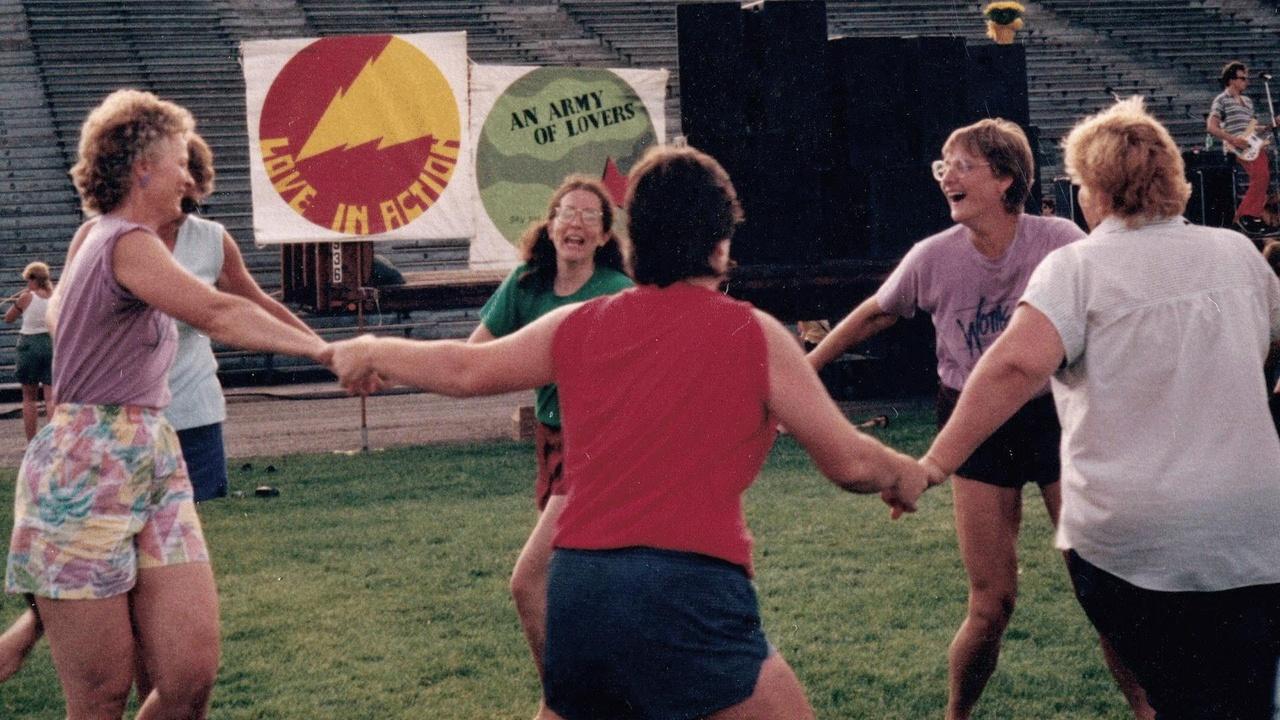
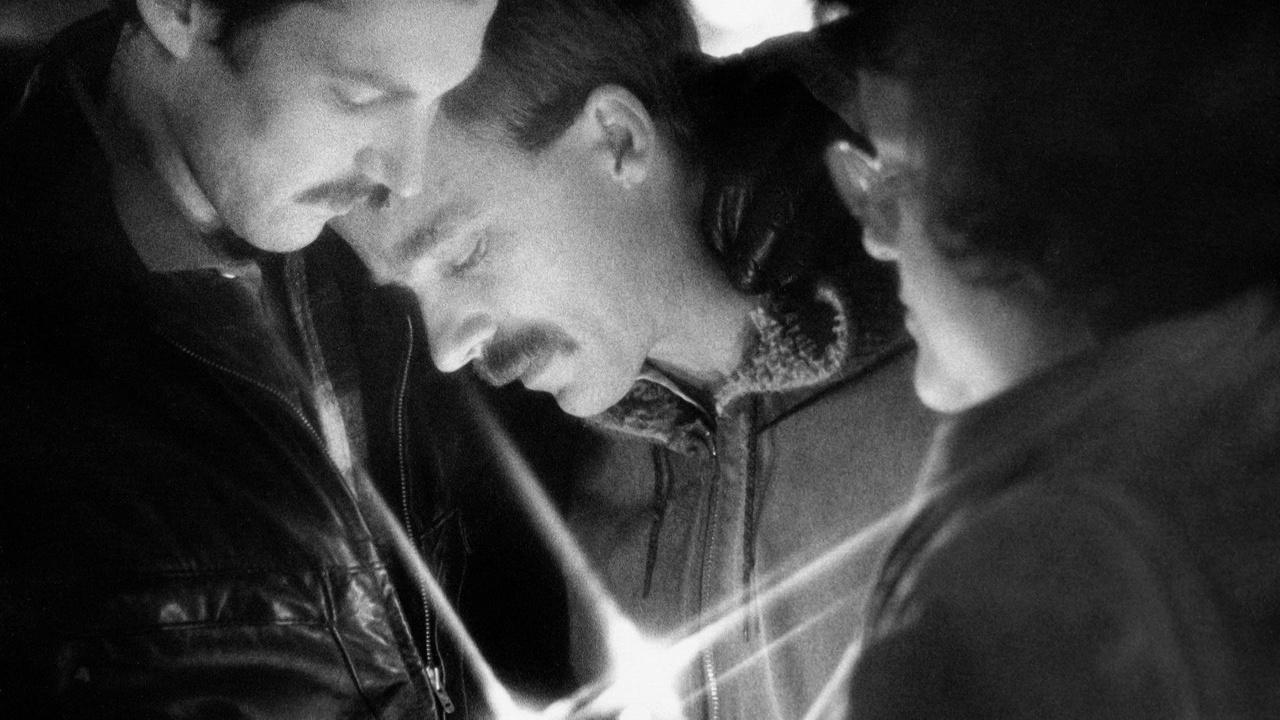
 Passport
Passport






Follow Us